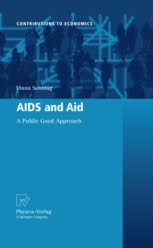LONDON—A new erection-enhancing condom product, dubbed "Viagra for condoms," is nearing regulatory approval and could be on sale in Europe by the end of the year.
Analysts say the condoms, which contain a gel that helps men maintain a firmer erection for longer, could make a significant splash in the condom market, where innovation is rare and patent-protected inventions are hard to come by.
The product could also provide a boost to Durex, the world's biggest-selling condom brand, not least in the U.S., the world's largest market and one where Durex has struggled to gain a sizable market share.
European regulatory approval for the product, developed by U.K. biotechnology firm Futura Medical PLC and licensed to Durex's owner SSL International, was held up during SSL's takeover last year by consumer goods giant Reckitt Benckiser Group PLC. Futura now expects the green light in the first half of 2011, meaning the condom, named CSD500, could be on the shelves of pharmacies and supermarkets by the end of the year.



.jpg)
.jpg)
